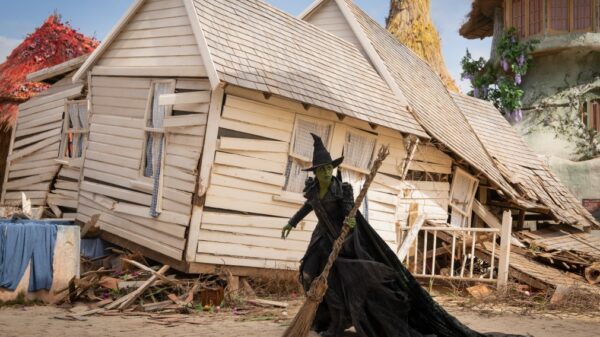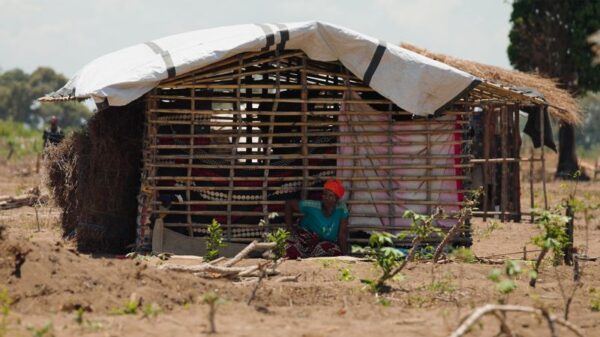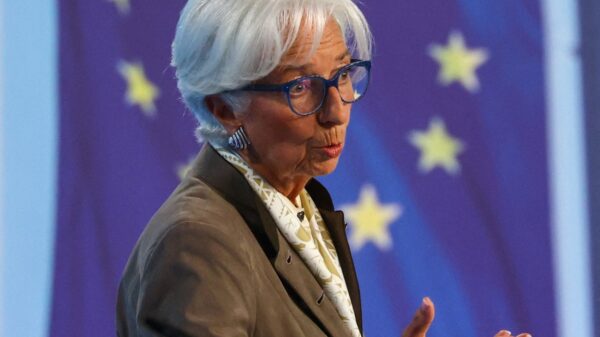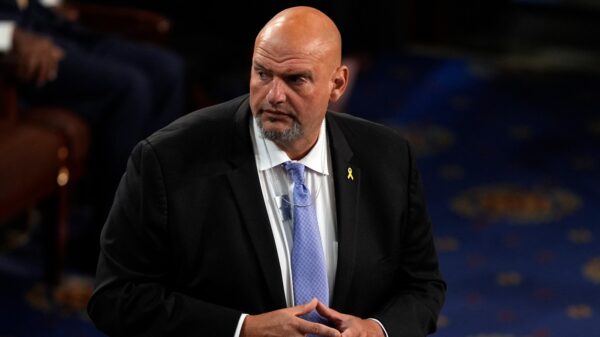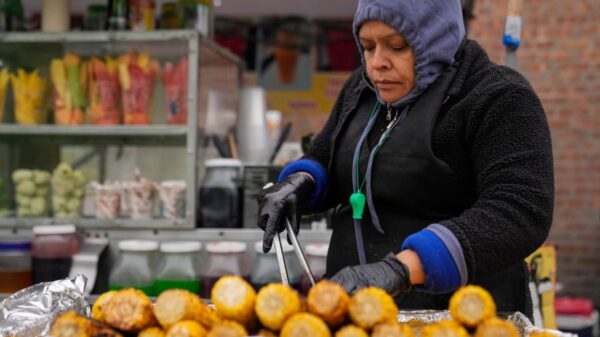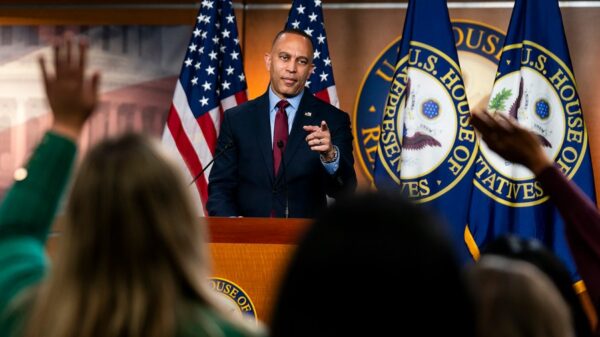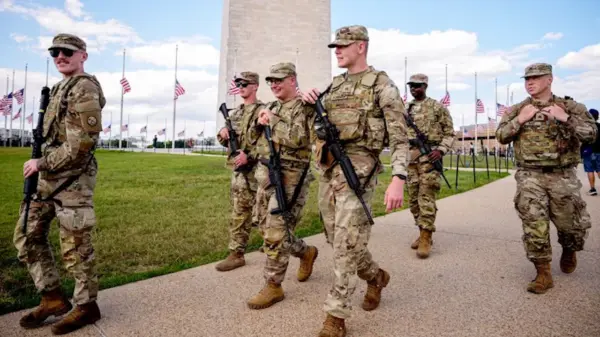A recent resurgence of ISIS in northern Mozambique has intensified violence and instability in the region, particularly in the coastal town of Mocimboa da Praia. The insurgency has gained momentum following significant reductions in aid from the United States, which has drastically affected humanitarian efforts in one of Africa’s poorest nations.
In early October, armed men affiliated with ISIS entered the fishing community of Mocimboa da Praia, demanding access to a local mosque. Once inside, they used a microphone to call residents, revealing their identity when they unfurled an ISIS banner. Imam Sumail Issa recounted how he and a colleague left the scene upon seeing the flag, subsequently alerting the military. This incident underscores a troubling shift as the insurgents exhibit increased confidence and freedom to operate.
The Cabo Delgado region has experienced eight years of violence, with the insurgents gaining control of Mocimboa da Praia from August 2020 to August 2021. Following a restoration of order by Mozambican and Rwandan forces, many displaced residents returned. However, the abrupt cessation of funding from the U.S. Agency for International Development (USAID) in early 2021 has contributed to a resurgence of ISIS activity.
According to the Armed Conflict Location & Event Data (ACLED), 79% of the global activity of ISIS occurred in Africa from January to October 2023. In Mozambique, ISIS is now responsible for 11% of the militant group’s violent actions worldwide. The situation escalated on September 7, when the insurgency resumed attacks in Mocimboa da Praia, leading to the beheading of numerous local men and displacing tens of thousands.
The impact of reduced U.S. aid is stark. Mozambique, where over half the population lives below the poverty line, relied heavily on USAID, which allocated approximately $586 million in 2024—equivalent to about 3% of the nation’s GDP. Funding supported crucial services such as food aid, healthcare, and education, as well as initiatives aimed at combating extremism.
A former senior USAID official emphasized that the end of these programs created a vacuum, increasing the vulnerability of communities. “The abrupt end of USAID programs opened the door for insurgents to act with greater freedom and impunity,” the official said. Studies indicate that the insurgency is fueled by “extreme poverty and marginalization,” highlighting the urgent need for continued support to address root causes of instability.
The U.S. State Department maintains that assistance has persisted, primarily through food and nutrition programs. However, it has not addressed the specific resurgence of ISIS linked to funding cuts. “The United States continues to be the most generous nation in the world,” a State Department spokesperson stated, adding that foreign assistance is subject to ongoing review.
The effects of aid cuts are evident in Mocimboa da Praia, where facilities like hospitals have struggled to maintain operations. Dr. Orlando Colete, deputy director of a local hospital, reported staff reductions and a critical shortage of medical supplies since the cessation of USAID funding.
In the marketplace, frustration over the loss of support is palpable. Khamissa Fabaio, an aid worker who managed a project for motorcycle taxi drivers, noted that without funding, young men become prime targets for recruitment by the insurgents. “The only way to stop the insurgency is to continue with this funding,” she asserted, illustrating the community’s desperate need for support.
A separate project provided assistance to local fishermen, which had been instrumental in helping them avoid recruitment by ISIS. Local development worker Cadumo Sufo explained that the fishermen, often young and vulnerable, were at risk due to the ongoing violence. The insurgency’s proximity is alarming, with the mosque where ISIS men spoke located just 900 meters from the fishing area.
The ongoing violence has led to significant displacement, with an estimated 93,000 people fleeing their homes. The Norwegian Refugee Council (NRC), which heavily depended on USAID funding, has struggled to meet the needs of those in displacement camps. NRC’s area manager, Anouk Renard, described the situation as an “underfunded crisis,” with aid efforts severely hampered by the loss of financial support.
Despite the challenges, Mozambique possesses substantial natural gas resources that could transform its economy. Companies like Total Energies and Exxon Mobil are investing in liquid natural gas (LNG) projects off the coast, though these ventures face delays due to insecurity in the region. Total Energies has expressed optimism about lifting its “force majeure” status, indicating potential progress in project development.
As Mozambique grapples with the dual challenges of insurgency and economic opportunity, the implications of U.S. aid cuts are becoming increasingly clear. The need for comprehensive support to address both immediate humanitarian needs and long-term stability has never been more urgent.


